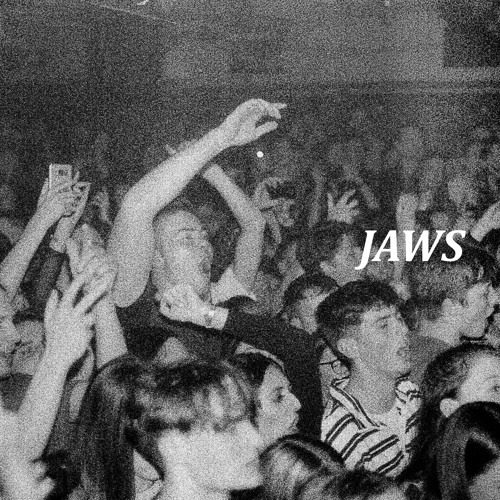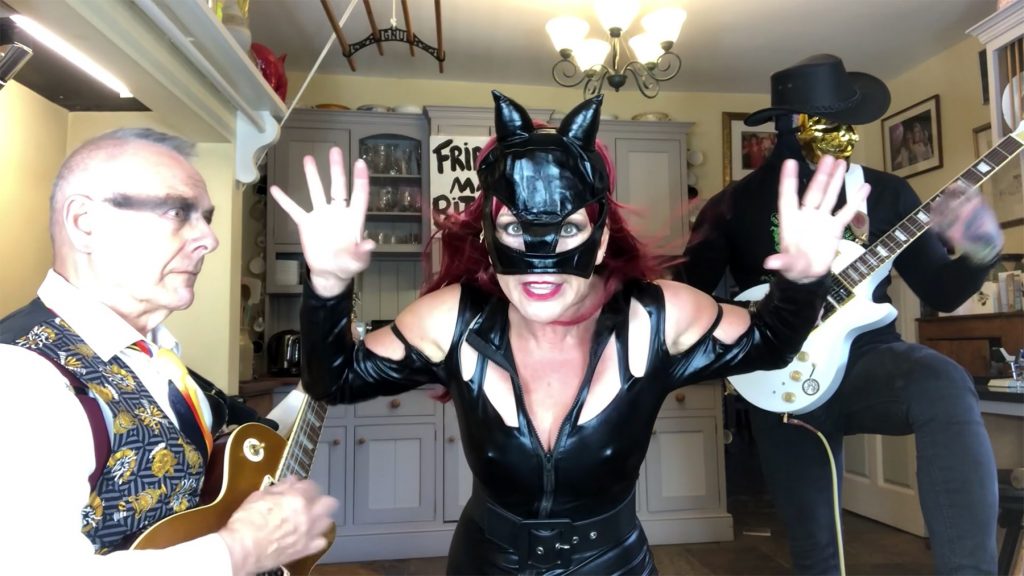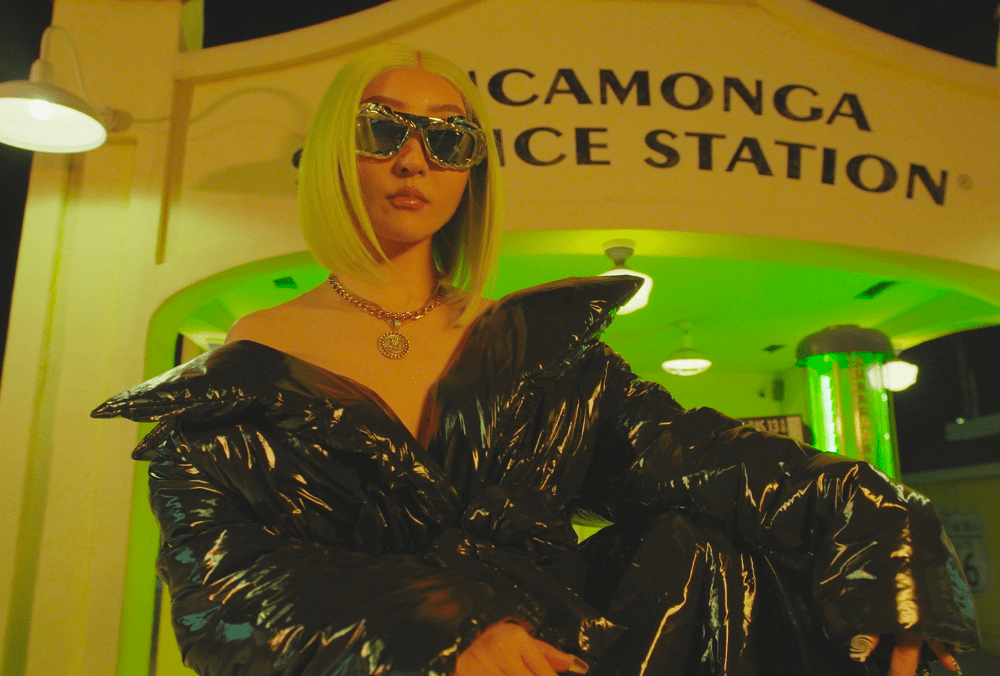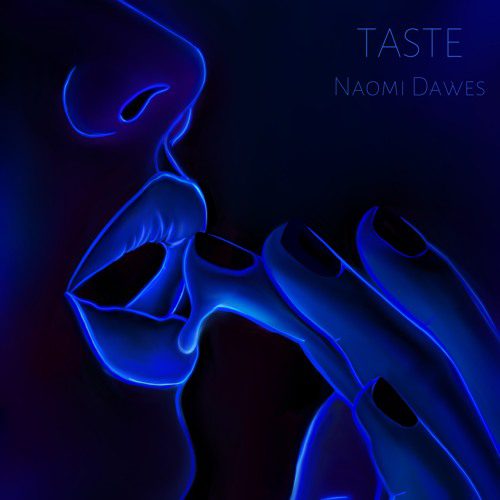
JAWS – Untitled

It’s one thing to leave a b-side untitled, but quite another to unleash your lead single out into the world without a name. For many artists, the Untitled moniker is shorthand for underground cool – a kind of anti-marketing best suited to bands in self-contained microgenres for whom mainstream recognition is anathema. In the depths of Spotify, untitled songs sit alongside Vaporwave tracks with monospaced kanji titles and Witch House bands with names written entirely in wingdings. What’s surprising, then, is quite how accessible JAWS’ latest release sounds.
Untitled arrives on jets of shimmering reverb, leaving echoes of Ride and The Stone Roses in its vapour trails. An insistent three-beat bassline propels the song forwards, thudding reassuringly under layers of hazy guitars. It’s striking that frontman Connor Schofield’s voice sits relatively high and clear in the mix, supported by ghostly harmonies. This is a notable move away from JAWS’ 2016 album Simplicity, which found Schofield’s voice bathed in reverb and functioning more like an instrument than the centre of attention. It’s a cliche to say that shoegaze vocalists hide their mistakes behind walls of digital effects, but this change in approach does seem to represent a vocalist growing in confidence. When Schofield rasps over the line ‘when I see her there I feel alright,’ the song reaches for an intimacy not found on the band’s previous releases.
Snippets of noise fade in and out as the song reaches its breakdown. Deep in the mix, something moans like a police siren, providing an eerie backdrop to the choppy guitar and buzzing synth textures. It’s startling to hear such a lush mix broken down to its fundamentals, and the rush of drums that yank the song back to the chorus hit with a satisfying whoomp. The coda aches for a change in direction, but JAWS settle for a reprise of the main motif as the song dissolves into nothingness.
Untitled might lack the catharsis and urgency of JAWS’ 2014 album Be Slowly, but it heralds a new sound and a new approach – especially for Schofield. Somewhere in the wash of it’s verses, there’s the palpable sense of something bigger and better lurking just over the horizon.
Christopher R. Moore




